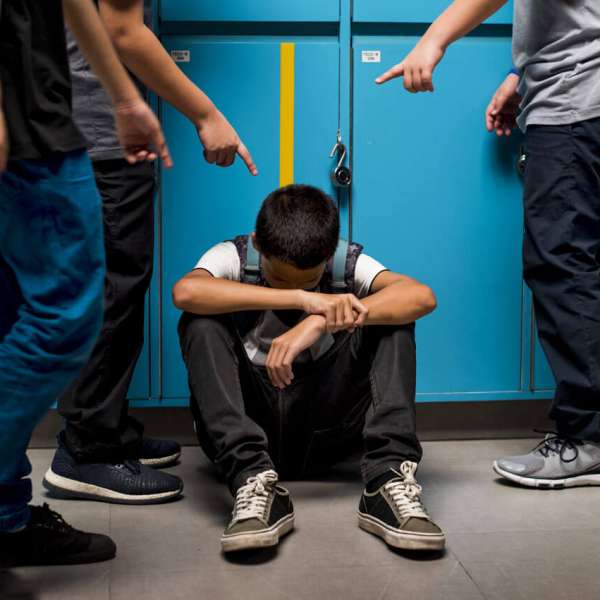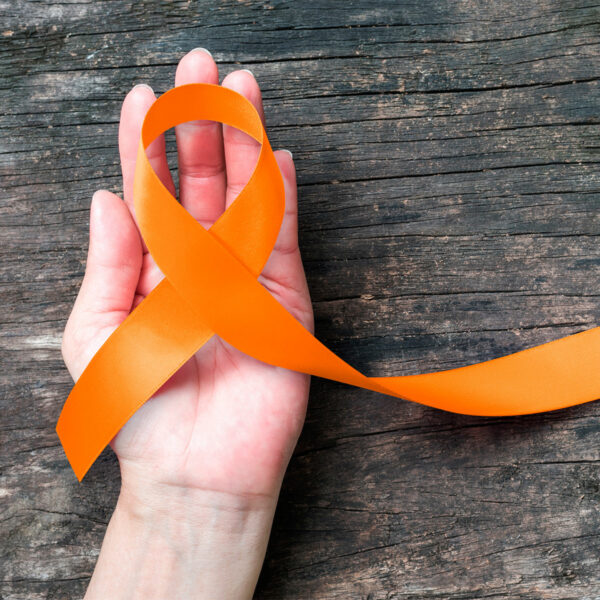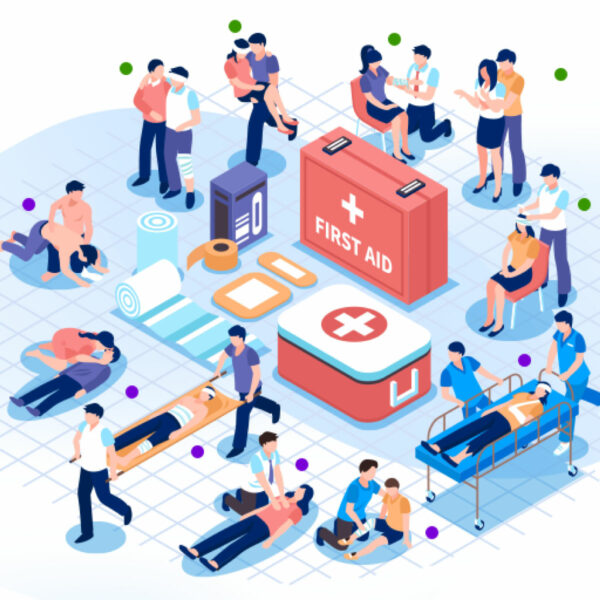“My stomach, ear, and head hurt…” Every morning, Monday through Friday, Carlitos complained about something and asked not to go to school. A medical checkup ruled out any illness, but this left his mother worried. The ten-year-old was no longer the same. Why was he depressed? Unfortunately, this scenario repeats itself in many homes in Puerto Rico, and young Carlitos is one of the hundreds of children who are afraid to go to school for fear of bullying.
Bullying or school harassment: a new name for something old?
Most of us can recall at least one incident of harassment at school. Although bullying has always existed, the World Health Organization reported an increase of this phenomenon and considers it an important public health problem.
Bullying is a term used since the seventies to define the systematic and repetitive abuse of one person against another. It comes up in several ways:
- Physical abuse,
- Verbal abuse,
- Psychological abuse,
With the Internet, cyber harassment or cyberbullying claims new victims without having set foot in a school.
What can I do to help my child overcome bullying?
Often, parental advice is to “do the same thing and punch them back”. Please, do not repeat this advice! Creating more violence will never be the solution. It is very likely that someone will be injured, without even mentioning the legal consequences that this action entails.
But, make no mistake. It is a battle where intelligence and self-control are the weapons of victory.
Before following the steps anti-bullying, you may ask these questions:
- Why my kid is suffering bullying?
- What type of bullying is receiving?
- Where the incidents take place?
- When occurs the situations and at what hour?
- Why your kid think is suffering bullying?
Steps in the anti-bullying war
1 – Design an anti-bullying strategy
The first step is to find out what is happening. Look for the opportunity to speak with your child. In this conversation:
- Listen calmly. Never show that you are embarrassed or disappointed by the bullying.
- Let him/her know that you understand how he/she feels.
- Tell him it’s not his/her fault. Nothing justifies abuse.
- Ask him how he thinks he can solve the bullying. It is essential that the child finds a way out all by himself. Help him get there.
- Congratulate him/her for speaking up about the problem.
2- Let’s go to the forefront and attack bullying
Once we know exactly how the bullying is happening, we can establish defense lines. Remember: a violent response should not be an option. Good tips are:
- “Stay away from the place and avoid confrontation.”
- “Keep calm and don’t react to comments that are meant for you to lose control.”
- “Surround yourself with friends and avoid being alone. If you are with someone, it is less likely that you’ll be approached and bullied. “
- “Tell your teachers or counselors.”
3- Neutralize cyberbullying
If your child is ridiculed or threatened through social media or cellphones, here are some strategies to overcome cyberbullying:
- Do not respond to the attack. This will make things worse.
- Save all messages as evidence. You may need them later.
- Block the harasser.
- Limit access to computers, phones, and tablets.
- “Friend” your child in social media. Respect their privacy but be attentive.
4- Diplomatic means to beat bullying
If your child fails to solve the situation by himself, or if he has received threats of aggression, don’t hesitate: you must intervene.
- Request a meeting with the school principal and your child’s teacher.
- Do not contact the parents of the aggressor directly. If you want to meet with them, do it at school in the presence of an official mediator from the institution.
- Record meetings and keep a record of each meeting.
- Check the anti-bullying school policies. It is a good opportunity to create an anti-bullying committee involving the entire student community.
If your child is a victim of bullying, don’t label it as “normal.” Your child’s self-esteem and their own safety may be affected. Some cases have even been reported in which suicide is the final chapter. Be attentive and stay abreast, in order to provide the necessary assistance.










